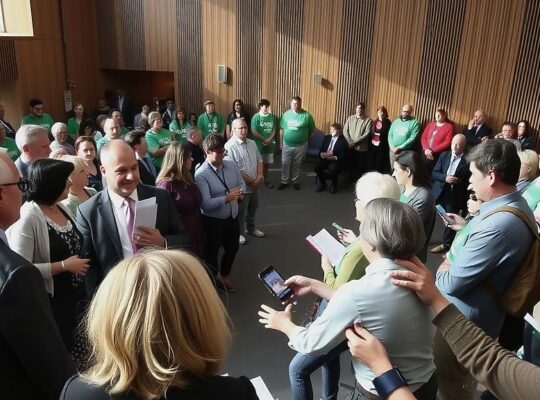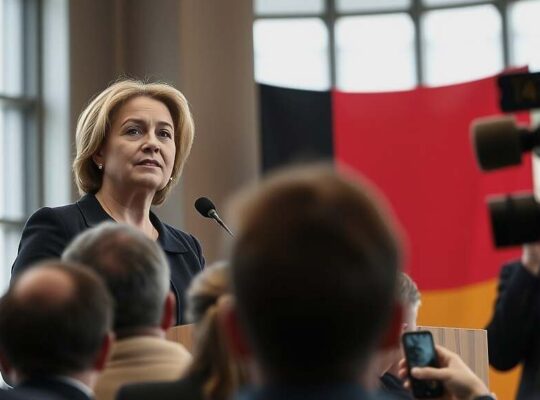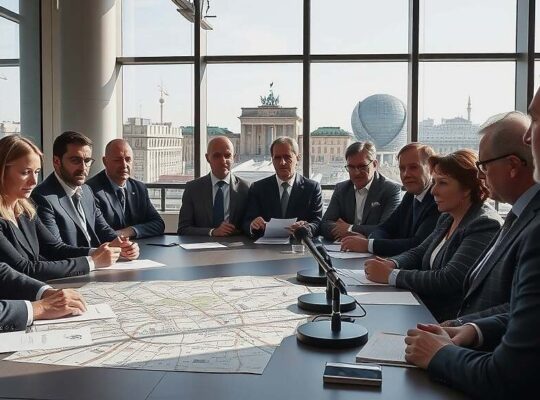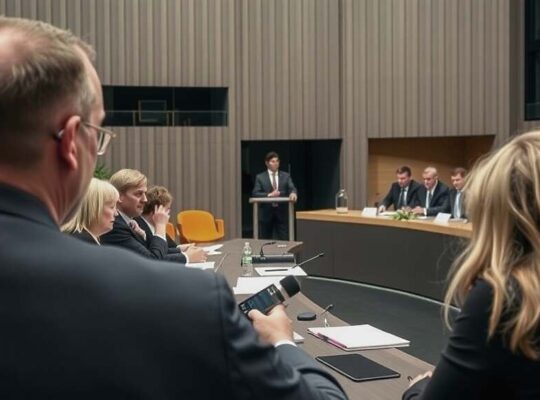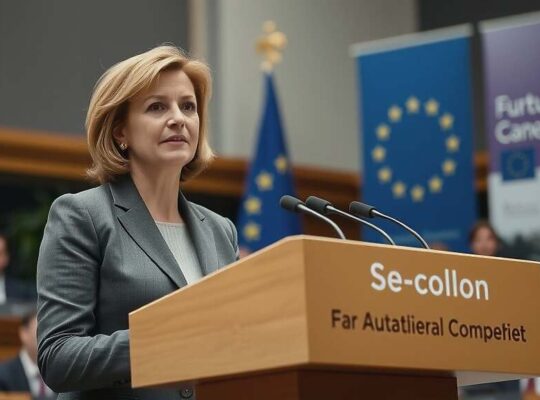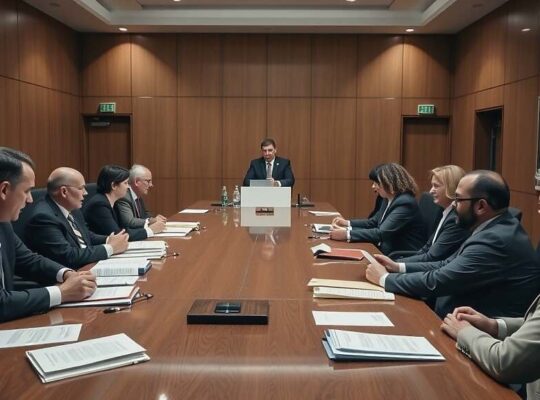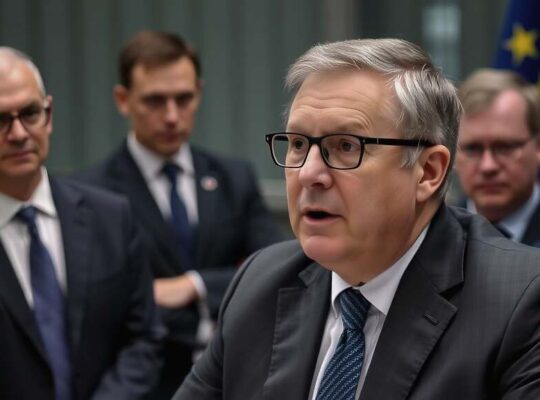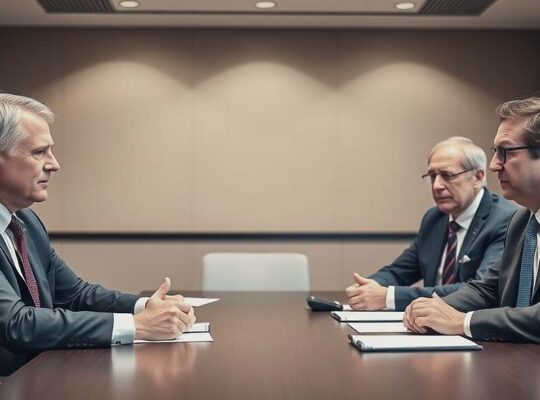The recent parliamentary elections in Syria have triggered calls from within the German political landscape for a more assertive stance towards the Assad successor government. While acknowledging the vote as a preliminary step, prominent figures across the political spectrum are voicing concerns regarding the legitimacy of the process and the ongoing human rights situation.
Armin Laschet, Chairman of the Foreign Affairs Committee, emphasized that his previous engagement with President al-Sharaa included a clear message: European support hinges on the inclusion and protection of all ethnic, religious and societal groups. He cautioned that the election’s outcome, while representing a marginal development, doesn’t guarantee democratic stability, particularly given restrictions on participation from significant segments of the population. Reports detailing assaults against Christian, Alawite and Druze communities are being described as alarming.
CDU foreign policy expert Roderich Kiesewetter advocates for linking development aid to concrete, verifiable progress, suggesting a willingness to temporarily suspend assistance as a consequence of inaction. His call aligns with a broader sentiment demanding accountability and demonstrable improvements in human rights observance.
Adis Ahmetovic, the SPD’s foreign policy spokesperson, stresses the crucial need to counteract a potential resurgence of centralized power. He argues that reconstruction efforts must benefit all communities equally, fostering a more inclusive society.
However, criticism is also directed at the current German government. Green Party politician Max Lucks accuses the administration of lacking a coherent strategy, alleging that al-Sharaa and affiliated Islamist militias are being inadvertently strengthened due to the failure to press for vital reforms protecting minority rights.
The election itself, the first since the ouster of long-time dictator Bashar al-Assad, was characterized by significant irregularities. A third of the parliamentary seats were directly appointed by President al-Sharaa, while the remaining majority were determined by approximately 6,000 electors, prompting observers to label the process a facade. The allocation of just ten seats to religious and ethnic minorities, who represent a quarter of Syria’s population, further fuels concerns about the inclusivity of the government. Reports of ongoing attacks and intimidation against minority groups continue to underscore the precarious security situation across the nation. The calls for a harsher German approach now largely hinge on demanding evidence of genuine reform and a commitment to protecting vulnerable populations before further substantial aid or political engagement is considered.



